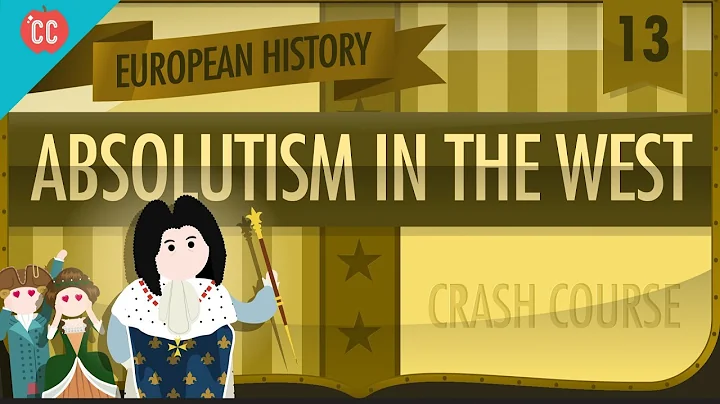After Britain lost its thirteen colonies in the Americas, a profound social and political turmoil also occurred in the center of the French Kingdom . This revolution made Europeans more clearly aware that all political agreements in the world are temporary in nature.
The French monarchy was once the most successful of all monarchies in Europe, and was imitated and envied by competing small courts. But because its prosperity was based on a certain injustice, its eventual collapse was inevitable.
Although it is dazzling and has extraordinary achievements, it has caused great losses to civilians' lives and property. The tax system at that time allowed clergy and nobles to receive tax-free treatment, so the burden of the entire kingdom fell on the shoulders of the middle and lower classes. The peasants suffered from the pain of paying taxes, while the middle class was constantly humiliated and suppressed by the aristocracy.

The opening ceremony of the French Estates-General in 1789. The clergy sat on one side, the nobles on the other, and the third estate at the back, facing the throne.
In 1787, the King of France found himself deeply in debt. In order to discuss and resolve the deficit caused by insufficient income and excessive expenditure, he had to convene a congress of representatives of all classes.
In 1789, the three-level meeting composed of nobles, clergy and civilians was held in Versailles. This meeting is a political entity similar in nature to the British Parliament. This kind of meeting has never been held since 1610, because France has always implemented an autocratic monarchy system during this period. In this way, the French people finally have the opportunity to use this venue to vent their long-term dissatisfaction.
A fierce debate soon broke out among the three estates because the civilian estate demanded control of the three-level meeting. In the end, the civilian class won, and the Estates-General was changed to the National Assembly.
The resolution of the National Assembly clearly limits the king's power, which is similar to the British Parliament's restriction of the British royal power. King Louis XVI prepared an all-out resistance, and he summoned troops from all the provinces. As a result, the revolution broke out in Paris and France.

The French people stormed the Bastille
The French autocratic monarchy quickly collapsed. The ghastly Bastille was captured by the people of Paris, and the uprising quickly spread throughout France. Many aristocratic mansions in the eastern and western provinces of France were burned down by peasants, their title deeds completely destroyed, and all landowners killed or expelled. In just one month, the ancient and decadent aristocratic system collapsed.
The queen and many of the queen's followers fled abroad. Provisional governments were established in Paris and other important cities, and a new armed force, the National Army, was established to specifically resist the king's army. The people demand that the National Assembly establish a new political and social system suitable for the new era.
This time the power of the masses has been brought into full play. They overthrew the tyrannical autocratic government; abolished tax exemptions, serfdom , and abolished the title of nobility and the privileges of the nobility. They wanted to establish a constitutional monarchy in France. The king had to leave Versailles and moved to the Tuileries Palace in Paris to live a secluded life.
(H.G. Wells's "The History of the World You Should Know" reading notes)





















